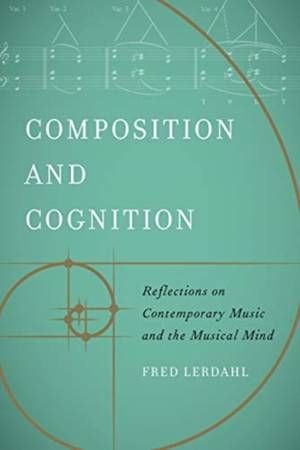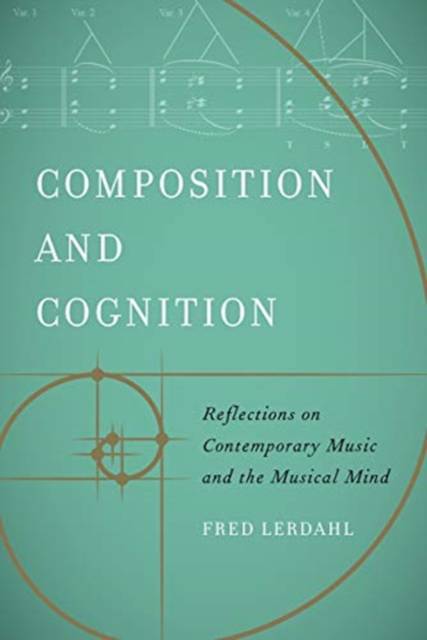
- Afhalen na 1 uur in een winkel met voorraad
- Gratis thuislevering in België vanaf € 30
- Ruim aanbod met 7 miljoen producten
- Afhalen na 1 uur in een winkel met voorraad
- Gratis thuislevering in België vanaf € 30
- Ruim aanbod met 7 miljoen producten
Zoeken
€ 161,45
+ 322 punten
Uitvoering
Omschrijving
In Composition and Cognition, renowned composer and theorist Fred Lerdahl builds on his careerlong work of developing a comprehensive model of music cognition. Bringing together his dual expertise in composition and music theory, he reveals the way in which his research has served as a foundation for his compositional style and how his intuitions as a composer have guided his cognitively oriented theories. At times personal and reflective, this book offers an overall picture of the musical mind that has implications for central issues in contemporary composition, including the recurrent gap between method and result, and the tension between cognitive constraints and utopian aesthetic views of musical progress. Lerdahl's succinct volume provides invaluable insights for students and instructors, composers and music scholars, and anyone engaged with contemporary music.
Specificaties
Betrokkenen
- Auteur(s):
- Uitgeverij:
Inhoud
- Aantal bladzijden:
- 160
- Taal:
- Engels
- Reeks:
Eigenschappen
- Productcode (EAN):
- 9780520305090
- Verschijningsdatum:
- 5/11/2019
- Uitvoering:
- Hardcover
- Formaat:
- Genaaid
- Afmetingen:
- 157 mm x 231 mm
- Gewicht:
- 340 g

Alleen bij Standaard Boekhandel
+ 322 punten op je klantenkaart van Standaard Boekhandel
Beoordelingen
We publiceren alleen reviews die voldoen aan de voorwaarden voor reviews. Bekijk onze voorwaarden voor reviews.











